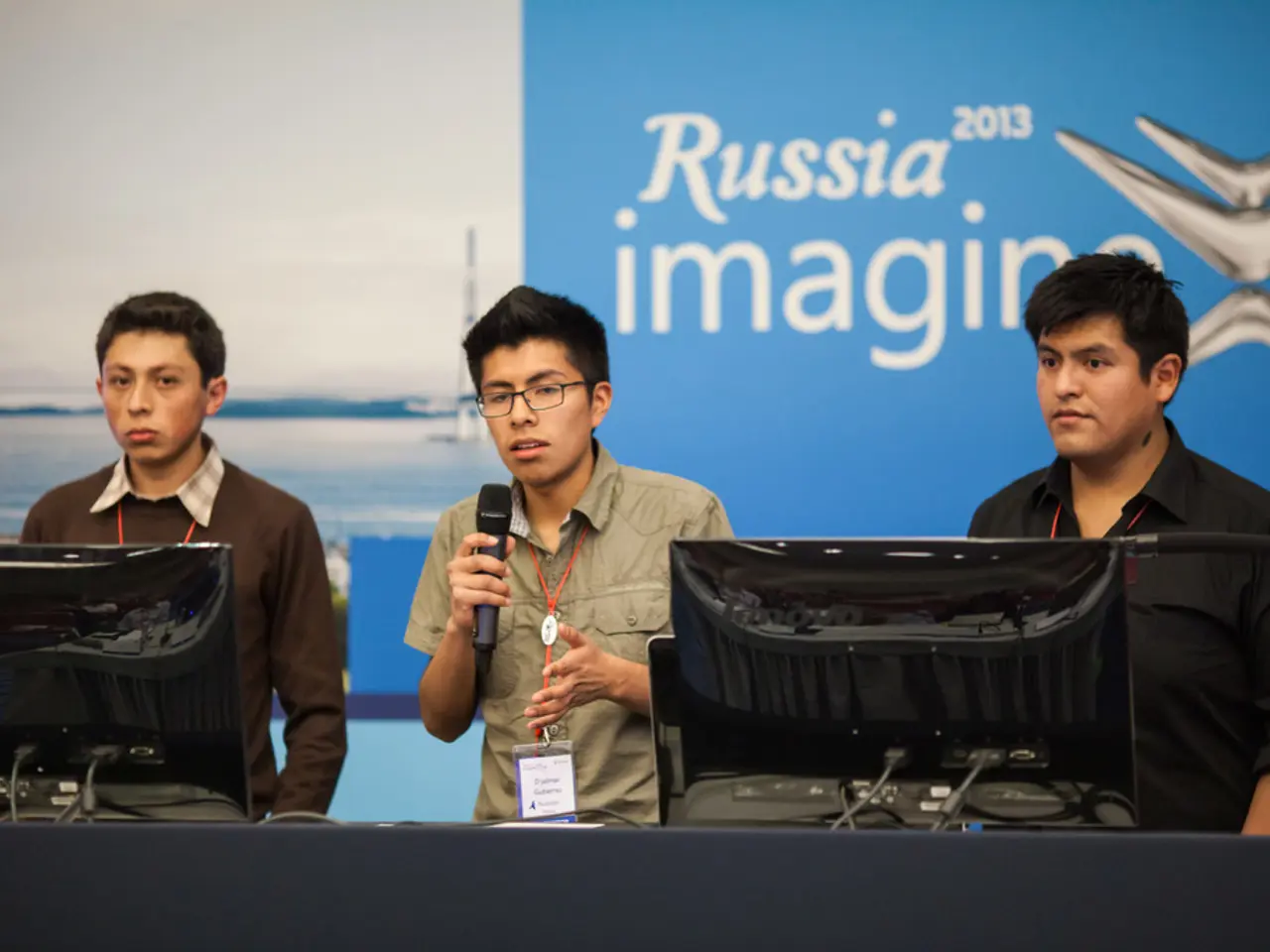Free college education for 150,000 Kazakhstanis will be provided
Kazakhstan is undergoing a significant transformation in its technical and professional education sector, focusing on digitalization, AI integration, free and accessible learning, and strong partnerships with employers.
The Ministry of Education and Science of Kazakhstan has announced that this year, the country's education system will witness a shift towards a more technology-driven approach. This was revealed during a government meeting and reported by Liter.kz.
One of the key changes is the integration of AI education in schools, starting from 2025. By 2026, AI education will be introduced progressively, covering all grades, with interactive AI lessons and materials fully translated into Kazakh and Russian. This initiative is a collaboration with MIT, and over 2,000 schools are expected to have AI education integrated by then, with all schools having high-speed Internet access to support this digital shift.
The government has also launched TUMO creative technology centres in Astana and Almaty, offering free training in programming, robotics, generative AI, graphic design, animation, 3D modeling, and other in-demand skills. These centres align with international standards and focus on youth competency development in tech and creative industries.
Kazakhstan anticipates needing about 3 million skilled workers over the next 3-5 years, with priorities in public services, business, logistics, industry, and construction. To address this need, the government emphasizes vocational education alignment with labor market demands and expanding retraining initiatives to counteract skills obsolescence due to automation and technological changes.
Colleges are strengthening partnerships with employers to provide more practical training and mentorship. The number of enterprises involved in dual education has increased sevenfold, now at 4,000. Approximately 10,000 education programs have been co-developed with businesses, and 1,500 teachers are engaging in internships at enterprises to enhance their skills.
Efforts are also underway to eliminate gaps between urban and rural education, ensuring 100% high-speed Internet coverage for all schools. Digital tools, interactive platforms, and electronic textbooks are being expanded, along with continuous teacher professional development focused on new technologies and AI.
Several core educational services including admissions and inter-school transfers are digitized and accessible through government e-platforms, facilitating easier and more inclusive education access.
The technical and professional education system in Kazakhstan is undergoing a transformation, with the number of students enrolled through targeted applications from enterprises with job guarantees expected to reach 45,000 by the end of the year. Colleges will integrate artificial intelligence technologies alongside schools, and more young people are enrolling in these colleges through targeted applications from enterprises with job guarantees. 70% of the places in these colleges are allocated to technical fields.
Read also:
- Deteriorating brutality in the restaurant industry persists
- Bolivia's upcoming election could mark the demise of its long-standing leftist regime. Here are key points to consider.
- Exploring the Influence of Mental Strength Against Cancer: An Insightful Study
- Skilled Aluminum Welder Akira Miki Continues Impressive Journey Without Formal Training (Second Installment)




